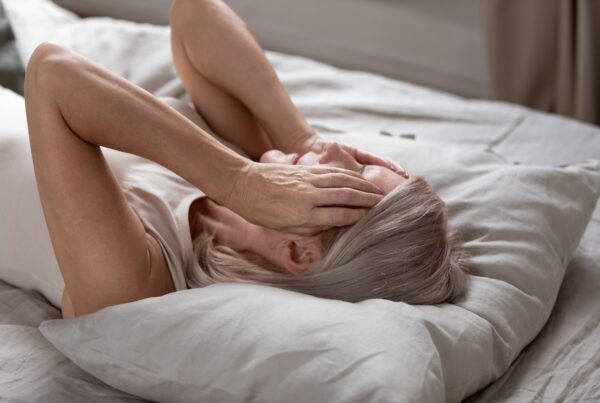
Those pesky bladder leaks and overpowering urges to use the bathroom have a medical name…incontinence, and there are actually five different forms of incontinence.
- Urge Urinary Incontinence (UUI)
This type of incontinence is very common but many don’t recognize it as incontinence. This is because it develops from a functional problem your body is experiencing such as overactive bladder or hyperactive bladder. The symptoms you experience include feeling the sensation to pee when your bladder isn’t actually full. Your bladder may also randomly contract (or turn on) which catches you off guard with an intense urge sensation and urine leaks out. People will experience the need to pee too often (sometimes every 30 minutes or hour), and they often wake up multiple times a night to pee. The treatment goal is to put you back in control. Many clients at UROSPOT will say “I didn’t realize how much I was thinking about it until I stopped having to think about it”. Their bladder was controlling their life. The conservative approach to treating urge incontinence involves retraining your bladder and pelvic floor musculature. There are pharmaceutical treatments as well, but the evidence based treatment guidelines recommend pelvic floor muscle training as the first step since it is more effective and ultimately safer. At UROSPOT we offer breakthrough non invasive treatment for strengthening your pelvic floor. Your clothes never come off, and no one is touching you.
- Stress Urinary Incontinence (SUI)
This is the most common form of incontinence. When you laugh, cough, sneeze, jump or move suddenly and urine leaks out. To keep urine from leaking out, the sphincter muscles that wrap around the urethral opening need to close tightly to give us control. We actually have two sphincters that help control the urethral closure. One is internal and its ability to close is actually not in our control. It is what’s known as autonomic. The other is controlled by our pelvic floor musculature. When you squeeze to stop the flow of urine you are working this sphincter. If this sphincter is damaged; which can happen for many reasons (including childbirth), you can experience stress urinary incontinence. The sphincter muscle is just not working efficiently, and urine is leaking out with movement or pressure like a cough or sneeze.
To solve this problem first line therapy is strengthening your pelvic floor muscles. By re-empowering these muscles, you make them stronger so they can do their job more efficiently. At UROSPOT we use Health Canada approved technology that utilizes electromagnetic energy to strengthen your pelvic floor. The Kegel Throne delivers over 11,000 perfect kegels in just 28 minutes. The muscle grows, the pelvic floor lifts, and the leaks go away.
- Mixed Urinary Incontinence (MUI)
If you experience symptoms of both urge and stress incontinence, then you are one of many with mixed urinary incontinence. In this care you lack strength in the pelvic floor muscles and your bladder is over-active or hyperactive. Many people with mixed have added additional behaviour changes into their life to try to manage their incontinence. This typically includes “defensive peeing” or what we call the “just in case pee”. By strengthening your pelvic floor and adjusting your behaviour you can get back to enjoying your life instead of looking for the next bathroom.
- Overflow incontinence
Typically overflow incontinence is a problem for more men than women. This kind of incontinence occurs when you are unable to completely empty your bladder and it then fills beyond capacity. There is an involuntary release of urine without feeling an urge to go. The most common cause is an enlarged prostate that impedes the flow of urine out of the bladder.
- Functional incontinence
In this situation the incontinence relates to a person’s ability to get to the washroom and use the toilet. The issue is not the state of a person’s pelvic floor but more a mobility impairment they are facing.



